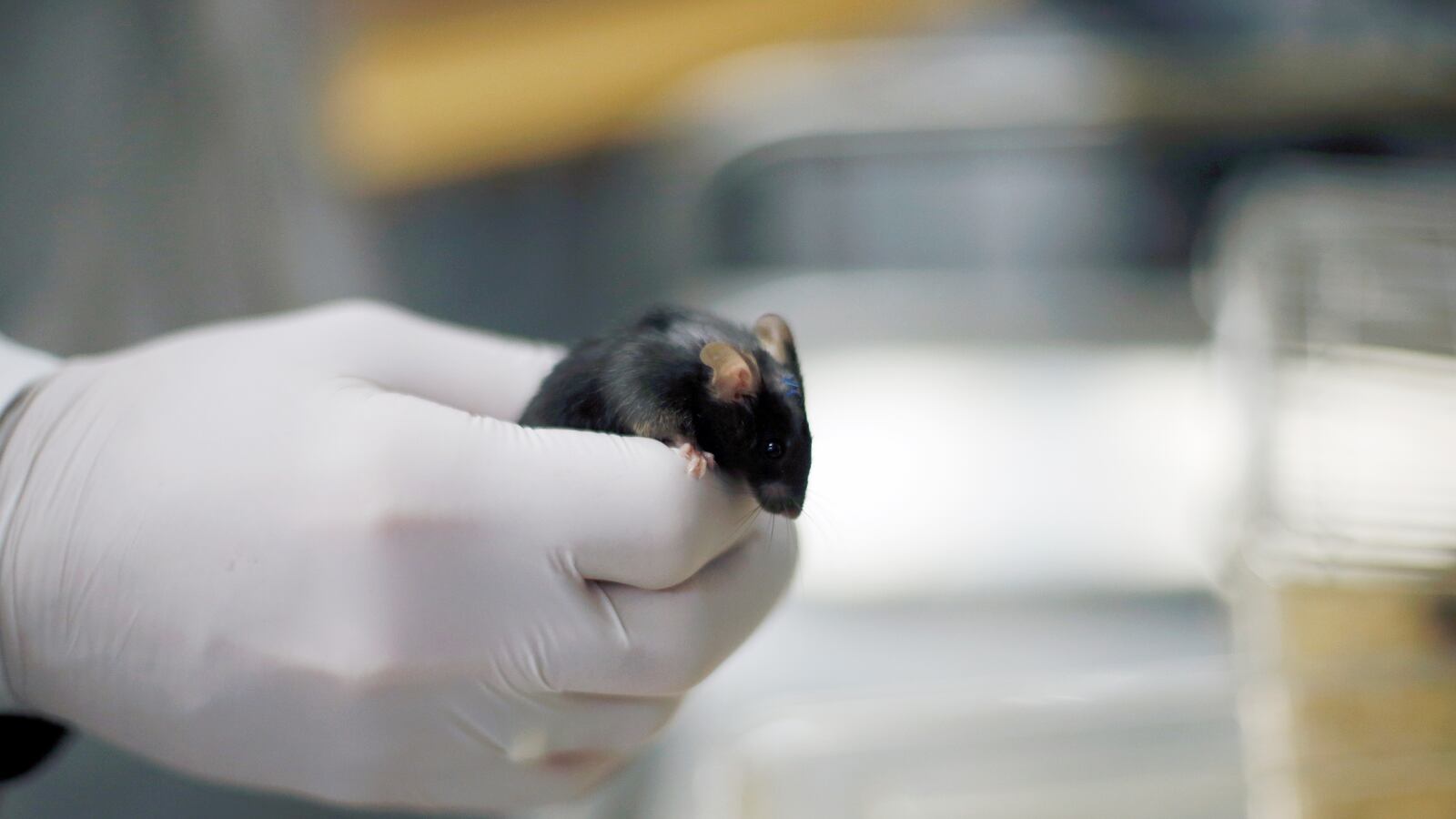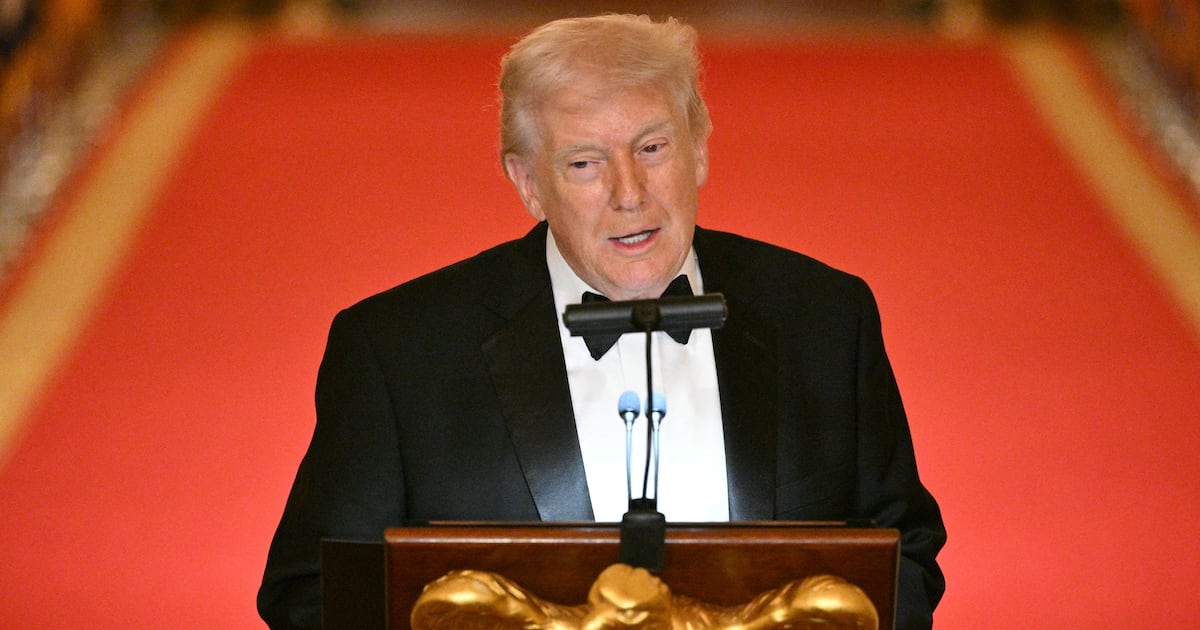Dr. Jacob Hanna and a team of scientists have successfully grown mouse embryos in an artificial incubation system, The New York Times reports. The seven-year experiment is part of a larger effort to help researchers understand how gene mutations, mammal development, and environmental influences may affect fetuses. The team has now grown more than 1,000 embryos using mechanical wombs, and further research may help scientists understand why miscarriages occur and why fertilized eggs fail. These new developments pave a possible path for the creation of human embryos in the future, though that capability is “years away, if permitted at all,” according to Dr. Paul Tesar, a Case Western Reserve University biologist. However, “it is not unreasonable that we might have the capacity to develop a human embryo from fertilization to birth entirely outside the uterus,” he added.
Read it at The New York Times






